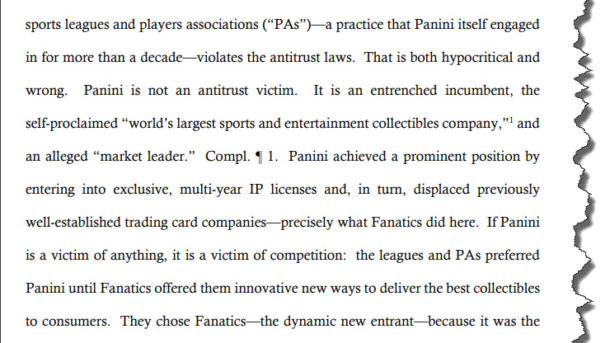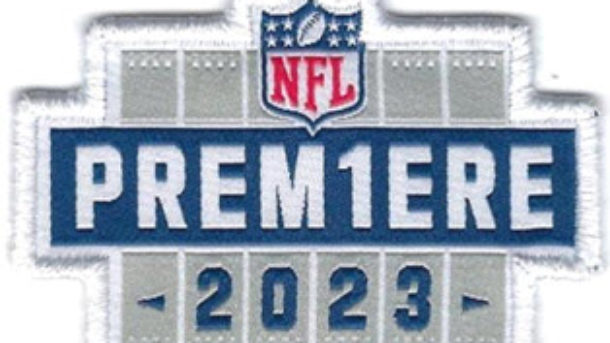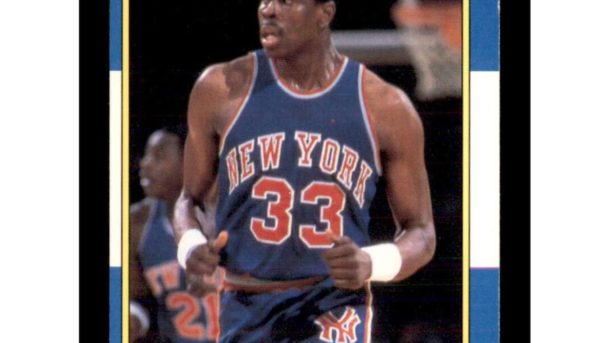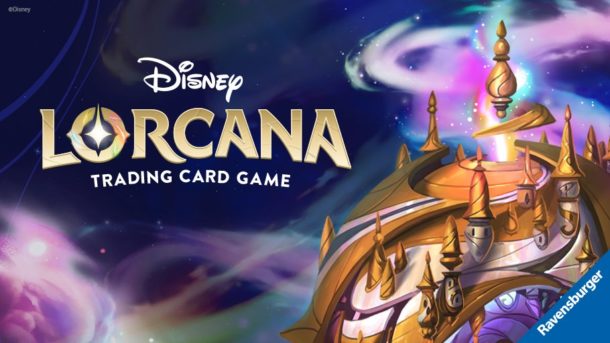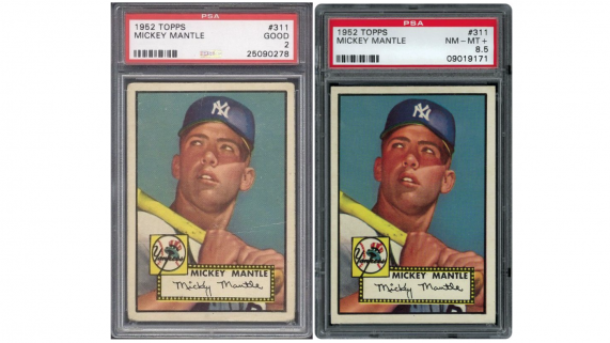The trading card industry is witnessing a tussle between its behemoths, Fanatics and Panini. As Fanatics surges ahead, expanding its domain, Panini has countered with an antitrust lawsuit. The spotlight of this contention? Fanatics’ robust drive into the NBA and NFL card territories.
Their battle is set to unfold at the U.S. District Court in Tampa, Florida. With unwavering resolve, Fanatics counters that Panini’s claims are unfounded, especially given Panini’s own history of clinching exclusive deals with sports entities.
Through an exhaustive 35-page dossier, Fanatics underscores Panini’s past endeavors—securing sole rights from a plethora of sports bodies and athletes. This tactic, Fanatics points out, echoes the very strategy Panini now critiques. If Panini feels sidelined, Fanatics suggests, it’s due to evolving market norms rather than any Fanatics’ maneuvers.
While Panini fixates on Fanatics’ ambitious chase for NBA and NFL licenses, Fanatics retorts that they clinched their 2021 exclusive contracts with giants like NBA, NFL, and MLB purely on merit.
As a testament to their business ethics, Fanatics emphasizes they neither deterred any associations from considering Panini’s offers nor used underhanded strategies to win contracts.
Challenging Panini, Fanatics highlights the glaring absence of solid proof supporting the antitrust allegations.
But the narrative twists further as Panini escalates its legal offensive to Texas. This was spurred by a substantial exodus of Panini’s core team to Fanatics. To further complicate matters, Fanatics injected capital into the print house producing Panini’s cards. Also, Fanatics’ sole agreements with three NFL rookies meant their autographs were glaringly missing from Panini’s recent NFL collection.
For Fanatics, these actions are merely reflections of market dynamics. With their licenses in place, their vision was clear: redefine the collector experience. Their strategy compass pointed to talent sourcing, boosting print operations, and roping in athlete collaborations.
Amid these accusations, Fanatics remains steadfast. They deny any allegations related to contractual breaches by the Panini-turned-Fanatics employees. Their stance is unwavering: these individuals joined Fanatics for better prospects. Moreover, Fanatics opines that exclusive deals with rising stars are both savvy and lawful, meant to bolster their market dominance and cater better to their affiliates. In their view, none of their moves target Panini’s market position.

